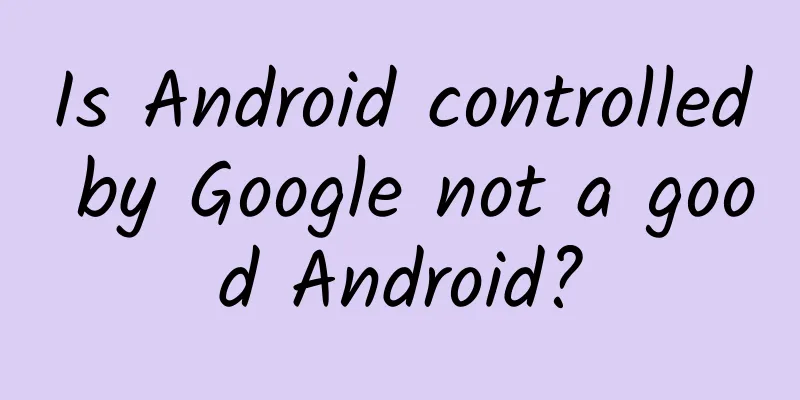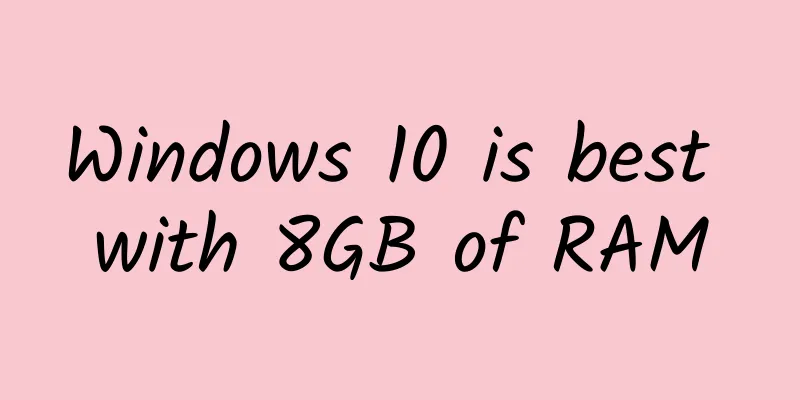Is Android controlled by Google not a good Android?

|
Mitch Lasky, partner at Silicon Valley venture capital firm Benchmark Capital, believes that Google has no intention of opening up the Android system because mobile applications will replace the Internet. Benchmark Capital just participated in an $80 million funding round for Cyanogen, which develops a customized version of Android that Google doesn’t have tight control over. Lasky said that when Android was first introduced, operators were worried that if Android dominated the mobile market, Google would force users to use its own online services and operators could only provide basic data network services. In order to attract mobile operators, Google promised them that Android would remain open. As Lasky writes, “Handset makers and wireless carriers worried that Android was too closed and that Google could steal their most profitable business. The open-source release reassured both handset makers and wireless carriers.” "According to Android's promise, if a mobile operator feels threatened, it can develop its own Android system with its own app store and cloud services. In reality, even though Samsung and other manufacturers have invested heavily in optional services, the prosperity of the Android ecosystem still belongs to Google," Lasky believes. Why did Google change its position? This is because Google did not foresee the rise of mobile applications, let alone the fundamental threat that mobile applications would pose to search services. When users use applications such as Yelp and OpenTable, they rarely use Google to search for Internet information. To this end, Google has made its own services the center of the Android system, while also forcing operators to release Google mobile application components. "Google has put its own apps and services at the heart of Android, de-emphasizing the Android open source project," Lasky wrote. "Google has also exerted influence over third-party apps through APIs, allowing Google content and services like Google Maps and Google Wallet to enter third-party transaction processes." Every operator and handset manufacturer knows that Google recently modified the Android licensing agreement, requiring partners to release Google Mobile Suite and step up compatibility certification. It is true that operators can still obtain Android source code and develop their own Android systems, such as Amazon's Fire series and Cyanogen system. However, developers need to invest a lot of effort and money. Despite this, Lasky still believes that the huge success of non-Google-controlled Android in the Chinese market shows that non-Google versions of Android systems such as Cyanogen have huge market space. This is why Benchmark Capital invested in Cyanogen. |
<<: Swift social app text input optimization "hodgepodge"
>>: Cook recalls Steve Jobs in a long interview: He was my best teacher
Recommend
Smartphones may soon be able to monitor your breathing during sleep
Researchers say they have come up with an accurat...
Reservation time for the 19th Asian Games commemorative coins: When will they be issued in 2022? Where to make an appointment?
In more than 4 months, my country's 19th Asia...
Yang Shangkun's resume: How can SEO optimization companies maximize the value of copywriting?
SEO is a detailed job. We spend a lot of time eve...
Money Back! Starting Today!
Attention! Attention! 2022 Annual Comprehensive I...
Is running 800 meters a nightmare? Learn this trick to run easily
Recently, many universities have conducted physic...
Google will shut down account login for Android 2.3.7 and earlier versions
[[414551]] According to foreign media 9to5Google,...
6.18 Mid-Year Promotion Public Relations Events Review, Galanz Becomes the Highlight!
The most popular e-commerce festival to date is t...
2014 Smart TV Year-end Summary: Many Products Are Not Smart Enough
For the smart TV industry, 2014 was undoubtedly a...
A comprehensive plan for Internet marketing and operations, compiled with great effort! !
1. Competitive product analysis 1. Choose competi...
I get sick every time the holidays come. What’s wrong?
Another Spring Festival is here. During this joyo...
Does "age odor" exist? Do elderly people have a special smell?
Leviathan Press: Many people have probably smelle...
Xishuangbanna Mini Program Agency Company, how much does it cost to be an agent for a paper product mini program?
How much does it cost to be an agent for a paper ...
The "Ocean One" in the old captain's diary marks the starting point of my country's ocean-going scientific research!
Model of the research vessel "Dayang No.1&qu...
Can the deposit for Douyin store account being blocked be refunded? How to withdraw the deposit when Douyin account is blocked?
Can the deposit for Douyin store account being bl...
How can I know who is the developer of a mini program?
Q: How can I know who is the developer of a certa...









